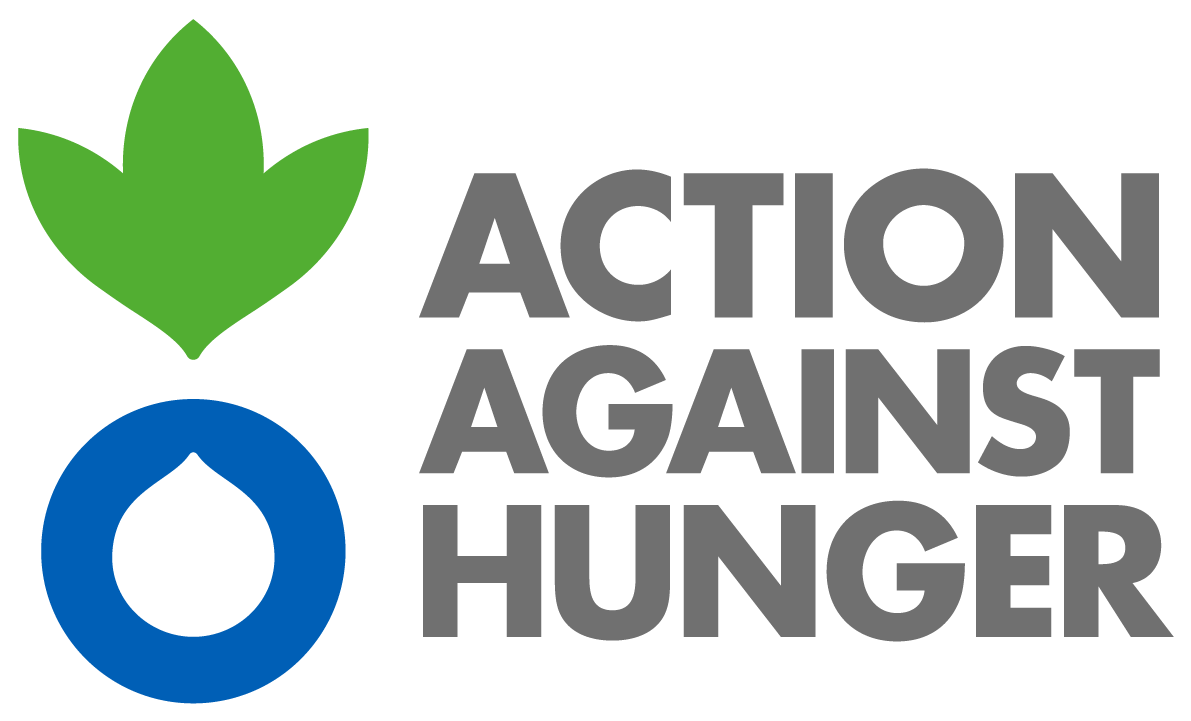Attacks in Rafah Jeopardize Gaza Humanitarian Response
Healthcare Limited in One of World’s Most Densely Populated Cities

February 15, 2024 /3BL/ - A series of airstrikes on Rafah on Feb. 12 killed at least 67 people, with the toll expected to rise. Rafah, Gaza’s southern city, is home to more than 1.3 million people, including humanitarian workers and Action Against Hunger staff. Many fled to Rafah after attacks on their homes forced them to flee and seek shelter elsewhere. Now, families are trapped without access to healthcare or food as violence escalates.
“If the military operations in Rafah continue and expand, Action Against Hunger will be forced to suspend its activities in Rafah,” says Noelia Monge, Head of Emergencies for Action Against Hunger. “Although we work throughout the whole Gaza Strip, this is one of the areas where we have the most active operations, and where many of our colleagues are located.”
Many families across Rafah were struggling to survive prior to the strikes, with more than half a million people suffering in the catastrophic food crisis. Most have little to no access to basic supplies. In the last four months, Action Against Hunger has distributed food, cash, and hygiene kits to 320,000 people across the city. The organization has also sought to prevent disease outbreaks by providing shelter and sanitation services.
“Our operations include water trucking, solid waste collection, cleaning services, and the distribution of hygiene kits and food,” says Monge. “If the escalation in violence in Rafah continues, these lifesaving activities would be disrupted, stripping a population of their most basic needs and forcing them to relocate yet again at a time when they need us most.”
Humanitarian aid workers are at risk, says Monge: “Ten of our staff and their families will be forced to flee, once again, and we will lose access to our newly established office, warehouse, and guesthouse.”
Action Against Hunger staff members have provided humanitarian assistance to some of Rafah’s most vulnerable people, including pregnant women, nursing mothers, newborns, and families with children. Disruption of these activities would have incalculable repercussions, especially with so many families facing a disproportionately dangerous food crisis. 2.2 million people across Gaza are at imminent risk of famine.
Lack of adequate clean water and safe sanitation has already led to disease outbreaks, including more than 161,000 cases of diarrhea, with 85,000 of these cases among children under five years old.
Since the start of the conflict in October, Action Against Hunger has reached at least 350,000 people in Rafah with cleaning services, mobile latrines, and solid waste collection and provided more than 87,000 people with shelters and hygiene kits. The airstrikes in Rafah threaten the continuity of these lifesaving services.
Action Against Hunger’s humanitarian response is already suffering severe constraints in Gaza due to the lack of security, access, supplies, and space to operate. Anything short of an immediate ceasefire and a massive increase in aid would be a historic failure to protect civilians in armed conflict. Action Against Hunger calls on the international community and donors to take all possible steps to achieve this goal. It is essential to protect civilians, secure humanitarian aid, and avoid even more severe repercussions from this crisis.
About Action Against Hunger
Action Against Hunger leads the global movement to end hunger. We innovate solutions, advocate for change, and reach 28 million people every year with proven hunger prevention and treatment programs. As a nonprofit that works across 55 countries, our 8,900 dedicated staff members partner with communities to address the root causes of hunger, including climate change, conflict, inequity, and emergencies. We strive to create a world free from hunger, for everyone, for good.
**
Photo by Mohammed Abed / AFP

